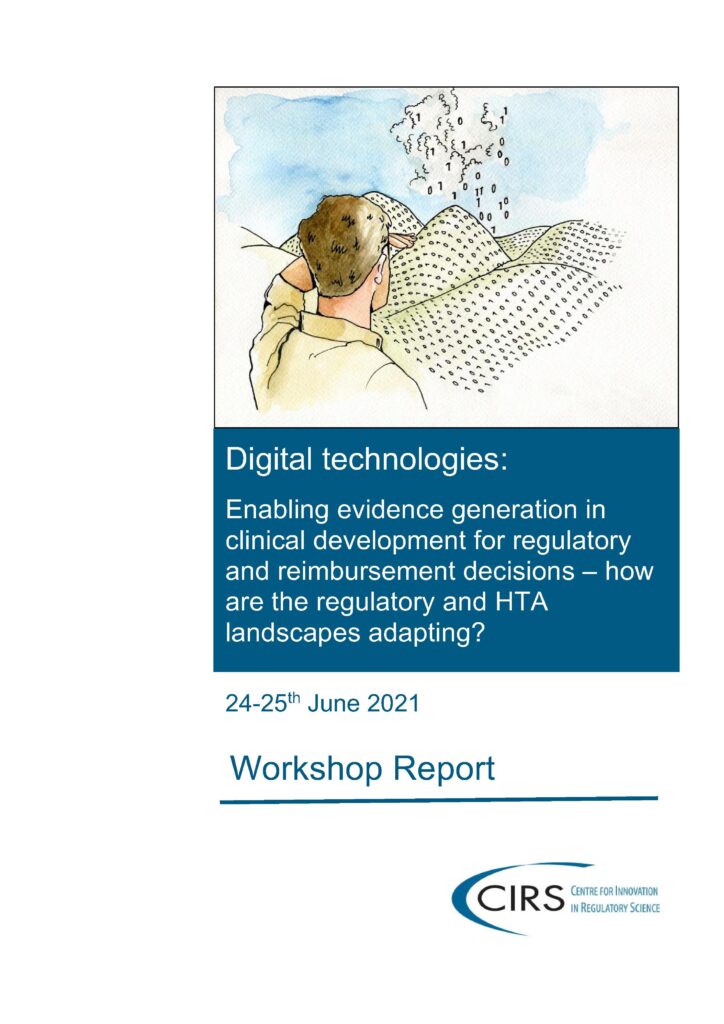Digitisation and digital health technologies are transforming clinical development; companies, regulators and Health Technology Assessment (HTA) agencies are looking to derive actionable insights from the data being generated. This is providing opportunities across medicines research and development, review, reimbursement and in the post-approval space. These digital opportunities have been accelerated by the ongoing pandemic, underpinning not only the conduct of clinical development but also data generation.
The key challenge for digital technologies being used in clinical development is how to ensure they can provide regulatory and HTA grade outcomes that can be validated vs current clinical endpoints, as well as how software and its continuous evolution should be regulated. Indeed, what was identified at the CIRS 2020 workshop as regulatory challenges included inconsistency in digital practices; qualification, guidance, and expertise to accommodate rate of change to technological innovation; issues with data validity/integrity and security; and the ability of trial sites and investigators to utilise digital tools.
As regulatory and HTA agencies adapt to the use of digital technology in clinical development, it is important to understand how aligned their requirements are across jurisdictions as well as the opportunities for both stakeholders post-pandemic to ensure digital technology can meet its potential in the development, review and reimbursement space.
The aim of this workshop was to provide an international multi-stakeholder platform to discuss the utilisation of digital technologies for evidence generation in the clinical development space for regulatory and HTA decision making.
Workshop objectives
- Discuss how agencies and companies are currently developing the role of digital technology for evidence generation in clinical development for regulatory and HTA decision making.
- Identify the opportunities and how to reduce potential barriers going forward for evidence generated by digital technologies for use in the review and reimbursement of medicines.
- Recommend areas of work/research that could facilitate alignment across jurisdictions to ensure digital technologies maximise their potential within a fit-for-purpose regulatory and HTA environment.

